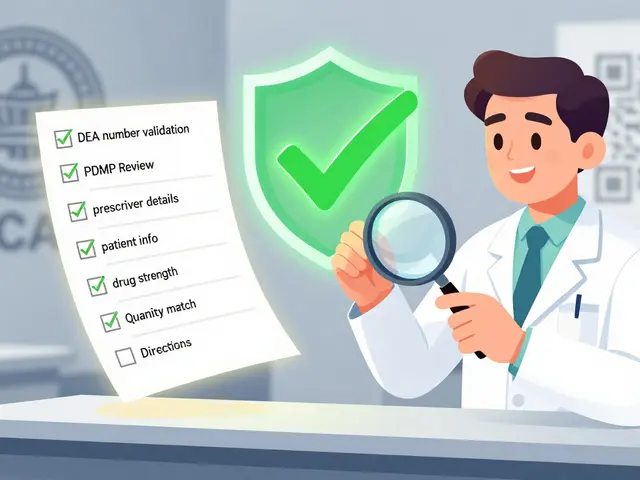Practical tips for safer meds, online pharmacies, and supplements
One simple mistake—buying the wrong product or skipping a prescription—can cost you money or health. This tag gathers straightforward, usable tips that help you shop smarter, avoid scams, and pick better treatment options. You’ll find short guides about buying online, drug alternatives, supplements, and real-world safety steps.
If you’re shopping for medication online, first check the pharmacy’s credentials. Look for a physical address, a licensed pharmacist contact, and clear prescription rules. Sites that promise prescription drugs with no medical review are a red flag. Real pharmacies ask questions, require paperwork, and list clear delivery and refund policies.
Compare generic names, not brand labels. Generic versions often cost less and work the same. For example, an article on this site explains how to compare loop diuretics like furosemide by active ingredient and dosage rather than brand price. Knowing the active ingredient also helps you spot interactions with other meds.
Quick safety checks you can do right now
Before you click buy, take these three quick steps: verify the pharmacy’s license, read the small print on returns and shipping, and search the site name with keywords like “scam,” “reviews,” and the country it ships from. If the price looks too good to be true, it often is. Keep digital copies of your prescriptions and order confirmations—those documents solve most disputes fast.
When a medication isn’t working or causes side effects, don’t just switch brands on your own. Look at researched alternatives. We have practical comparisons—like Prednisone alternatives and inhaler swaps—that break down how each option works, side effects to watch for, and when to ask your doctor. These guides help you talk to your prescriber with specific questions.
Use tips to save money without risking safety
Use discount cards and price comparison tools for routine meds, but combine that with a safety check. Some saving sites list legitimate coupons; others push questionable sellers. Our posts on GoodRx alternatives and Canada-based pharmacies explain how to balance cost and safety, and how import rules affect what you can legally order into the US.
Supplements deserve a quick reality check too. Look for transparent ingredient lists and third-party testing seals. Articles here about hawthorn, goji, and sarsaparilla show what evidence exists, suggested doses, and who should avoid them. Supplements can help, but they can also interact with prescriptions—so ask a clinician if you’re on chronic meds.
If you’re overwhelmed, start with one actionable change: verify a pharmacy’s license or ask your GP about a safer alternative. Small steps prevent big problems. Browse these tips when you need a quick, trustworthy nudge—each post is written to give clear, useful next steps you can use today.





